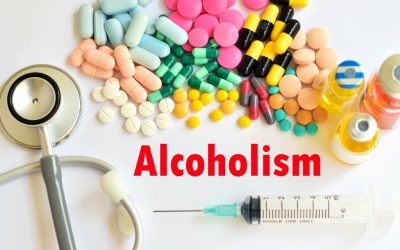When it comes to drinking alcohol, several factors can increase the risk of bruising. Drinking can hinder alcohol and bruising the body’s capacity to clot blood, making bruising more likely. Second, alcohol dehydrates the body, making skin more delicate and prone to bruising.
Are Alcohol Bruises Dangerous?
Among these health issues caused by frequent heavy drinking are the occurrences of bruising after drinking alcohol. If such cases befall you, step back for a moment to weigh on the more significant health issue it has brought upon your health condition. First, alcoholics are more likely to fall and injure themselves, which can cause bruising. Second, alcoholism can lead to a condition called thrombocytopenia, which is a low level of platelets in the blood. Platelets help the blood clot, so a low level of them can cause easy bruising. Finally, alcoholics may have a deficiency of vitamin C, which is important for healing wounds.

Can alcohol-induced bruising be a sign of an underlying health condition?
- We’ve also partnered with Moderation Management, a non-profit dedicated to reducing the harm caused by the misuse of alcohol.
- In some cases, alcohol-induced bruising can be a sign of more severe underlying issues related to alcohol abuse or chronic health conditions.
- If your bruise doesn’t improve within two weeks, or if you start to notice frequent, unexplained bruises—whether you’re drunk or sober—call your doctor.
Easy bruising and bleeding are signs of cirrhosis, which is a serious liver disorder. Other signs of an alcohol use disorder include spending a significant amount of time drinking, or consuming larger quantities of alcohol than intended. A person may also develop a tolerance for alcohol, meaning that they need larger and larger amounts to obtain the desired effects. While waking up with a few minor bruises after drinking may not be cause for concern, repeated or excessive bruising should be evaluated for an underlying disorder. Listen to your body and don’t assume all bruises related to alcohol are inevitable. Have concerning symptoms evaluated promptly to rule out underlying bleeding disorders needing treatment.

Liver Damage And Bruising
If you notice that you have increased bruising, do not stop taking your medications. It is a https://ciolweb.in/2024/01/25/how-to-rebuild-your-life-after-addiction-treatment/ good idea to restrict your alcohol use to live and maintain a healthy lifestyle. Consuming alcohol in moderation is the key to preventing bruises after drinking and having detrimental effects on your health. Alcohol drinking can raise the likelihood of bruising and other harmful skin consequences. However, there are several precautions you can take to avoid or reduce bruising while drinking your choice of alcoholic beverage.

Can alcohol cause bruising?
- When it comes to drinking alcohol, several factors can increase the risk of bruising.
- According to BMJ Best Practice, surveys suggest that somewhere between 12 percent and 55 percent of people have some form of easy bruising.
- The Liquid Dream drink contains science-backed ingredients like melatonin and chamomile to help you fall asleep faster.
This “additive” effect means those with a history of heavy alcohol usage are at alcoholism greater risk of bruising and abnormal bleeding as they age. Seeking medical care for proper nutrition and managing any underlying liver conditions can help recover normal clotting ability. Too much alcohol intake increases the likelihood of bruising but leaves your body incapable of healing and clotting blood.